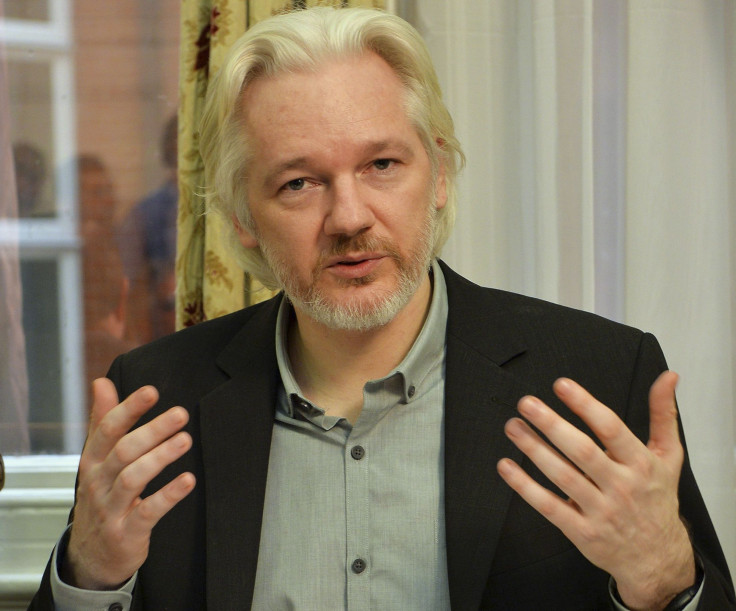
WikiLeaks Founder Julian Assange could soon be questioned by Swedish prosecutors in the "comfort" of the Ecuadorian embassy in London after they dropped their demand that he present himself in Sweden. Assange has been holed up in Ecuador’s embassy since 2012, when British officials agreed to hand him over to the Swedes following a two year appeals process. Prosecutors called him in for questioning in 2010 concerning molestation and rape cases involving former colleagues. Assange, an Australian citizen, has not been charged with a crime.
Assange did fear being charged with crimes in the U.S. because of his involvement with numerous leaks of classified American intelligence, including those of Bradley Manning, who is currently serving a 35-year prison sentence for his involvement. Assange argues that if he sets foot on Swedish soil, he could be extradited the U.S., where he claims he would face unfair charges for his journalistic work with WikiLeaks.
Assange’s gambit appears to have payed off. Swedish prosecutors have capitulated to Assange and his lawyers, who requested that they interrogations (as well as a DNA test) be conducted in London. The prosecutors changed their minds in the face of an August 2015 statute-of-limitations deadline for the sexual assault allegations. If they don’t bring charges by then, they have to drop the case.
“Now that time is of the essence, I have viewed it therefore necessary to accept [...] deficiencies to the investigation and likewise take the risk that the interview does not move the case forward, particularly as there are no other measures on offer without Assange being present in Sweden,” said Swedish Prosecutor Marianne Ny, in a statement. While she accepted the legal and political reality, Ny maintained her reasoning that an interview in Sweden would have been best.
“My view has always been that to perform an interview with him at the Ecuadorian embassy in London would lower the quality of the interview, and that he would need to be present in Sweden in any case should there be a trial in the future.”
While she begrudgingly accepted the “deficient” interview, Assange's lawyers complained that her decision had taken too long. They claim that her decision led to Assange’s three-stay in the Ecuadorian embassy, resulting in an unfair loss of freedom. Others have argued that his fears were unfounded, and that he wouldn’t even face charges in the U.S.
Like Edward Snowden -- accused of indirectly supporting Putin by claiming asylum in Russian -- Assange has faced criticism for throwing his lot in with Ecuadorian President Rafael Correa. Both Putin and Correa have been accused of suppressing journalists and gay rights. Assange says that Ecuador was merely a friendly option, while Correa asserts that it was a normal asylum case review.
“Any person seeking asylum in Ecuador’s embassies will be safe, we will see to their needs, but after that we will consider granting them asylum with all due thoroughness,” said Correa, in an interview with RT. “If the person in question is a criminal, we will never grant asylum to him.”
© 2025 Latin Times. All rights reserved. Do not reproduce without permission.




